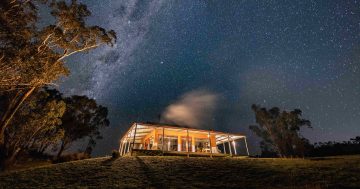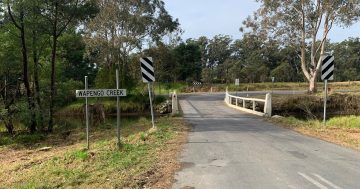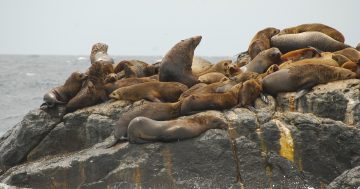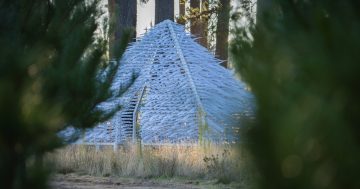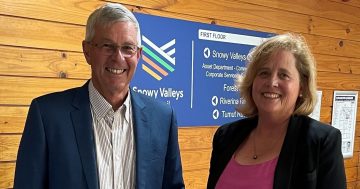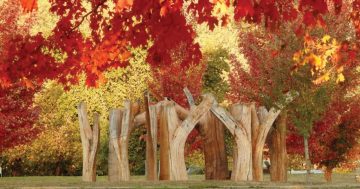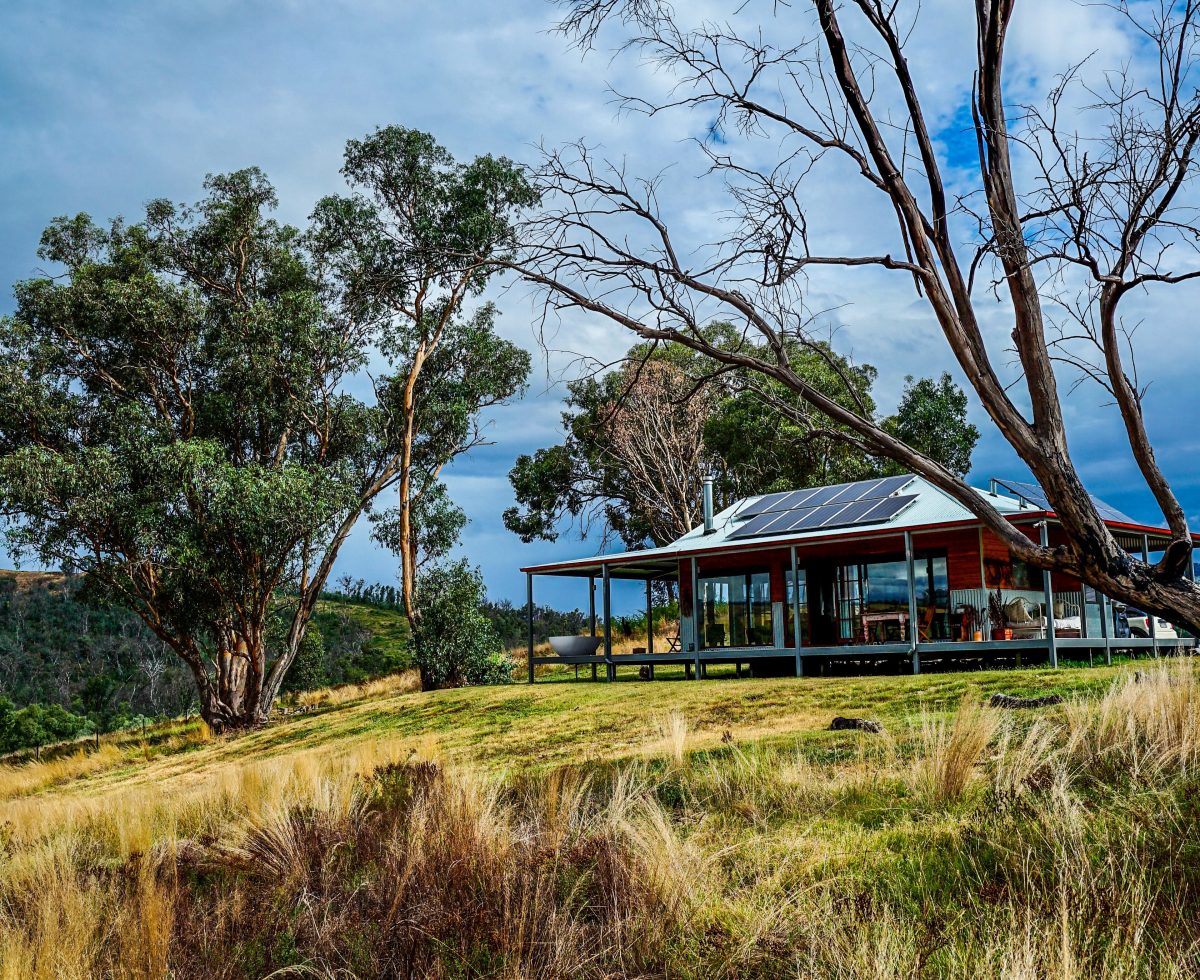
The first Ecotourism Australia certified accommodation in the Snowy Valleys region. Photo: Kestrel Nest EcoHut.
The Kestrel Nest EcoHut has set the bar high for environmentally conscious tourism in the Snowy Valley.
In recognition of the operators’ efforts to minimise environmental impact and promote conservation, the hut has become the first Ecotourism Australia certified accommodation in the Snowy Valleys region.
Kestrel Nest co-owner Louise Freckelton said the certification recognised and verified their ongoing practices, from environmental management to operations and marketing.
She said it provided reassurance for visitors seeking nature-based experiences that they’re following global, best practice standards.
“We’ve always known our approach was more comprehensive than solar panels and compost, we’re not only eco in name,” Ms Freckelton said.
“Our guests are environmentally conscious and want to support operators with substance, not just style.”
Ms Freckelton said there had been an “explosion in short stay accommodation in recent years, yet the closest Ecotourism Australia certified properties are more than 200 kilometres away”.
“We hope joining the program will inspire other tourism operators in the Riverina and Snowy Mountains regions to consider their impact and adopt sustainable practices as a minimum standard,” she added.
The off-grid, offline hut is located at Highfield Farm & Woodland, 10 minutes off the Hume Highway at Mount Adrah between Tumut and Gundagai.
The property includes a 222-hectare conservation area protecting critically endangered Box Gum Grassy Woodland habitat.
The certification also includes two on-farm, nature-based tours run exclusively for guests.
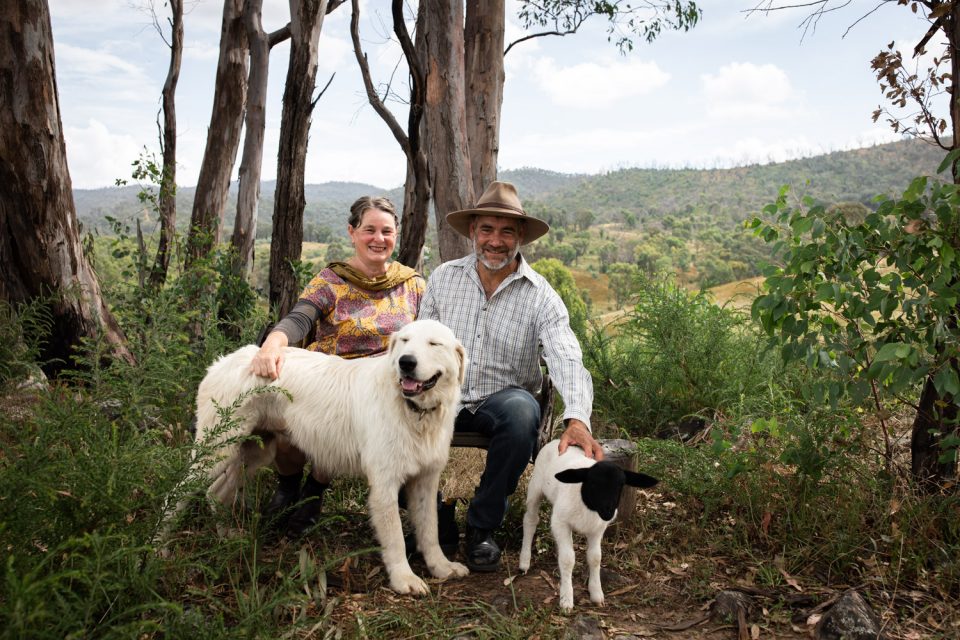

Ecotourism Australia’s ECO Certification program is recognised by the Global Sustainable Tourism Council.
The rigorous application process is followed up with regular site audits and assures travellers that the business is backed by a strong, well-managed commitment to sustainable tourism.
Designed and built with recycled materials and timber from the property’s fallen trees, the hut features double-glazed windows, solar panels and rainwater collection.
Guest amenities, cleaning products and waste are thoughtfully considered to lower their environmental impact, and trees and shrubs are planted for each stay to enhance regeneration efforts. More than 2190 plants have been planted since the hut opened in June 2020.
In addition to environmental efforts, Kestrel Nest EcoHut operators actively support the local community and economy. They source food and beverage products, artwork, homewares and services from local suppliers, and are involved in a local Landcare group and the Rural Fire Service.
The EcoHut is named after the magnificent Kestrel – the only bird the owners saw at the property for two weeks following the Black Summer bushfires which nearly consumed the hut while it was still being built.
Tourism Australia’s Future of Global Tourism Demand Report (2022) identified that more than 75 per cent of travellers were committed to sustainability in some way and, for a growing cohort, it influenced their travel decisions.
The report also recognised the challenge for consumers to identify sustainable products and to provide an opportunity for tourism operators to educate and champion their efforts – including and beyond environmental considerations.
Kestrel Nest EcoHut offers only one accommodation option built on the belief the world needs better stays, not more.
Guests are encouraged to learn about conservation during their stay with tour experiences. The Farming with Habitat Tour shows how environmental projects extend to the entire property, beyond the conservation area, while the Bird Watching Tour gives insight into biodiversity, with 140 bird species identified to date.
Find out more about Kestrel Nest EcoHut and book a stay at highfieldfarmwoodland.com







